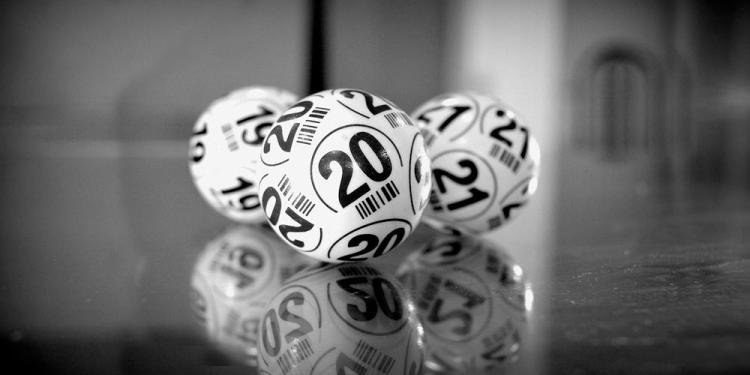Indian Lottery Industry Plummeting Towards Loss due to Tax Imposition
Posted: October 15, 2019
Updated: October 15, 2019
-
Indian Lottery Industry saw an exponential increase in tax incidence by 300%
-
Lottery winners required to pay 40% of their winnings in taxes
-
GST collection from Lottery saw a decrease of almost ₹8000 crores

Lottery industries for countries are a ballooning industry that offers extravagant profits annually. Similarly, the Indian Lottery Industry has seen its days of glory in the past. Up until July 2017, the goods and service tax (GST) came into effect, prompting a decline in the lottery business. Indian Lottery distributors are in an uproar against this governmental bill, urging the authorities to settle for a lesser rate.
Industry analysts in India are hypothesizing this situation to have a profound effect on sales. Taking into account, the increase in prices and decrease in winnings, the attraction for the entire concept of the lottery is diminishing. Further speculation in the matter shows that if the situation persists, it could trigger an imminent risk of unemployment.
Tax amount on the ticket at face value now stands at 28%
Before the introduction of the heavy taxes, the tax on tickets was 6.71%. The current rate for the tickets sold by private lottery distributors is 28%, whereas it is at 12% for the state government lotteries. This surge in the GST has sent the Indian Lottery Industry into mayhem. Online lotto sites in India report a decline in the ticket sale.
Industry analysts are reporting that business revenue fell by a colossal figure of 70% since the imposition of the taxes. The ₹60,000 crore lottery industry is crippling; distributors all across the country are lamenting to the government to modify the tax amount.
Indian Lottery Industry’s voice of reason: Kamlesh Vijay
Kamlesh Vijay is the CEO of Sugal and Damani, a lottery company that markets government-licensed lotteries. Vijay has been protesting the introduction of the increased tax system, which has cut two-thirds of its sales since last year. He has been appealing to the government to settle at a lower rate. Vijay insists that a 20% tax rate would be satisfactory for both the government and the citizens.
He states: “Currently, 12 percent GST is being charged on lotteries run by state governments (a lottery not allowed to be sold in any state other than the organizing state) directly, while a 28 percent tax rate is being levied on the lottery tickets authorized by state governments (a lottery which is authorized to be sold in state(s) other than the organizing state also). This huge difference in the tax rate on the same commodity acts as a tariff barrier for smaller states like Goa, Sikkim, Arunachal, etc when their tickets are sold in other bigger states like West Bengal or Kerala.”
Check out the best online casino bonuses on these websites.
Tax on winnings increase meanwhile causing a decline in customers
The lottery has always been an attraction for almost every single person. The chance to become rich overnight has been a convincing argument for all those who choose to indulge. However, if the government suddenly decided to become a stakeholder in the winnings, it would not be as entertaining as one might have assumed.
Previously the winner would keep 90% from the total value, with 10% going in tax. This has changed drastically, with the price rising to almost 40% in the past year. With less profit than past times, the lottery will soon become a thing of the past. Online Lottery news in India concurs to the statement.

Don’t forget to check out the latest online casino promotions.
The decline in the Indian Lottery Industry adversely affecting the government
The Indian government is also struggling in the aftermath of this complex situation. The government certainly expected to gain more from this industry because of its popularity amongst the masses. Unfortunately for them, the situation decided to take a turn for the worse. The tax collection for an average GST rate of 20% would have valued up to ₹12,000 crores; yet in the last nine months, they were able to salvage only ₹3,725 crores.
Distributors are predicting a surge in unemployment following the tax introduction. Lottery sellers are shutting down shops, rendering them out of business. Lotto Agent ticket sales in India have fallen dramatically.
“Lottery can generate revenue for several things like the UK. All their sports teams are being funded by lottery revenue. China is doing two types of lotteries — one is for people welfare lottery and other is sports lottery. For people welfare, they are generating net revenue of around USD 8-9 billion per annum. For sports, they are generating USD 5-6 billion per annum. So, total lottery revenue they are generating around USD 16-17 billion. Singapore is generating USD 4 billion net revenue,” Vijay on the benefits of enabling the Indian lottery industry.












